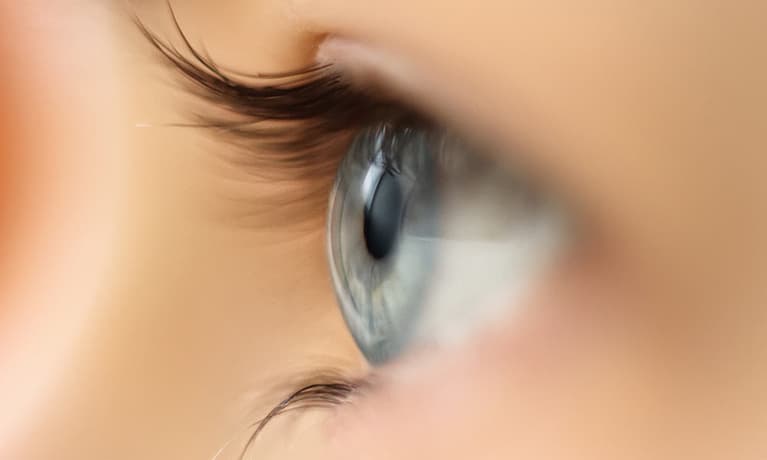In a recent study, researchers found that women who take birth control bills were at a higher risk of developing glaucoma, one of the leading causes of blindness. This finding, which has also been reported in two earlier studies, raises important questions about the potential association between birth control pills and vision health. To help you better understand this connection and how to protect your vision, here’s a Q & A:
Q: What is Glaucoma?
A: Glaucoma is a complicated disease which damages the optic nerve and leads to progressive, irreversible vision loss. It is crucial to detect and manage glaucoma early to prevent further damage.
Q: Can taking birth control pills cause Glaucoma?
A: In a recent case control study of 4,871,504 American women between the ages of 15 and 45, 2366 cases of glaucoma were identified. Women who had taken birth control pills in the past 2 years were about 1.5 times more likely to develop glaucoma than women who had not taken birth control pills. The data showed this risk is higher for African-American women and those with higher BMI.
Q: How can taking birth control pills affect me?
A: We have cells in our optic nerves which contain estrogen receptors. Studies show that these receptors help to protect our eyes from age-related decline. Although the exact mechanism has not been confirmed, the pills may interfere with this process because they depress peak estrogen levels midway through a woman’s cycle.
Q: Am I at risk?
A: Researchers are not suggesting that women discontinue use of birth control pills based on this study, but they should keep a close watch on their long-term eye health. There does seem to be an increased risk of glaucoma when taking birth control pills, but this risk is relatively low. While anyone can develop glaucoma, people who have the following risk factors should have regular glaucoma screening exams: over 45 years of age, family history of the disease, black racial ancestry, diabetes, and regular use of steroids. If you have taken oral contraceptives for three or more years you should consider glaucoma screening as well.
If you have any concerns about the connection between birth control pills and glaucoma, contact us at Milwaukee Eye Care. Our team of experienced eye care professionals will provide you with the information and support you need to maintain optimal vision health.
Schedule Your Appointment Online
Remember, awareness and proactive care are key to preserving your vision. Stay informed, stay healthy, and give your eyes the attention they deserve.
*“The association between hormonal contraceptive use and glaucoma in women of reproductive age” by Hogden et al.

Written by Nicholas Frame, MD
Dr. Frame is an experienced and highly skilled cataract surgeon and glaucoma specialist at Milwaukee Eye Care










